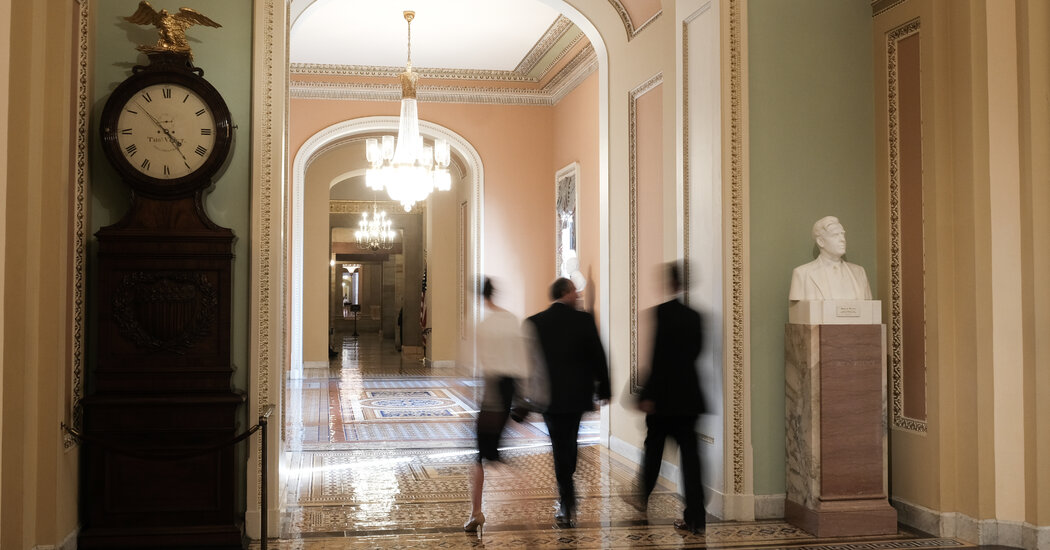
Retail and leisure industries have argued that more light in the evenings would give consumers more time to spend money, and proponents also argue that lighter evenings would translate to fewer robberies and safer roads.
More than a dozen states have enacted legislation to change to daylight saving time. But it would take an act of Congress to do away with the federally mandated period for daylight saving time, which was created in 1918 by the Standard Time Act, the law that established federal oversight of time zones, and has been adjusted numerous times over the past 100 years.
Sleep scientists, including the American Academy of Sleep Medicine, hate the idea of choosing daylight saving time over standard time. While no study has definitively proved that standard time is best for human health, they argue that a permanent switch to daylight saving time could have long-term, dangerous effects on public health.
“We’re disappointed, especially given the overwhelming scientific and health feeling that this is a bad idea,” Dr. Karin Johnson, a member of the board of directors of Save Standard Time and an associate professor of neurology at UMass Chan Medical School-Baystate, said on Tuesday.
Sleep scientists point out that standard time — winter time — is more closely aligned with the sun’s progression. They say that bright mornings help people wake up and stay alert, while dark nights allow for the production of melatonin, the hormone that triggers sleep. When it is too light at night, it can be hard to fall asleep. When it is too dark in the morning, it can be hard to wake up.
Together, that could lead to chronic sleep deprivation, which has been linked to a range of health conditions, like obesity, heart disease and diabetes. Light cues from the sun also regulate metabolism, insulin production, blood pressure and hormones.
“Daylight saving time, in terms of the medical and health consequences, is the worst choice,” said Joseph Takahashi, the chair of the neuroscience department at the O’Donnell Brain Institute at the University of Texas Southwestern Medical Center. “It leaves us permanently out of sync with the natural environment.”




